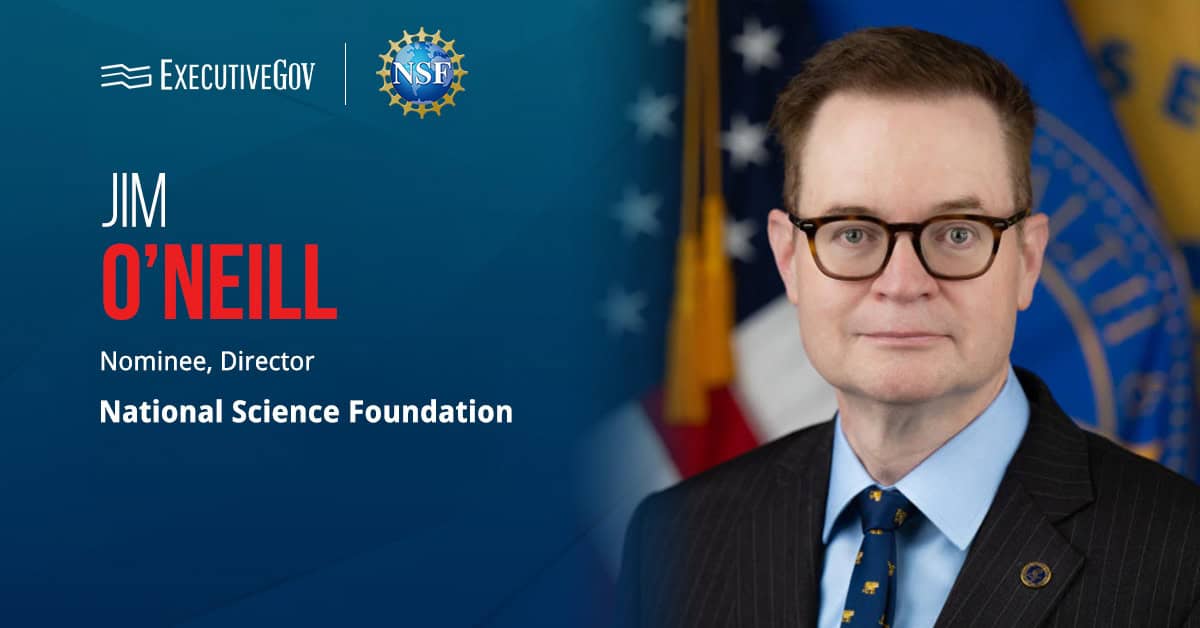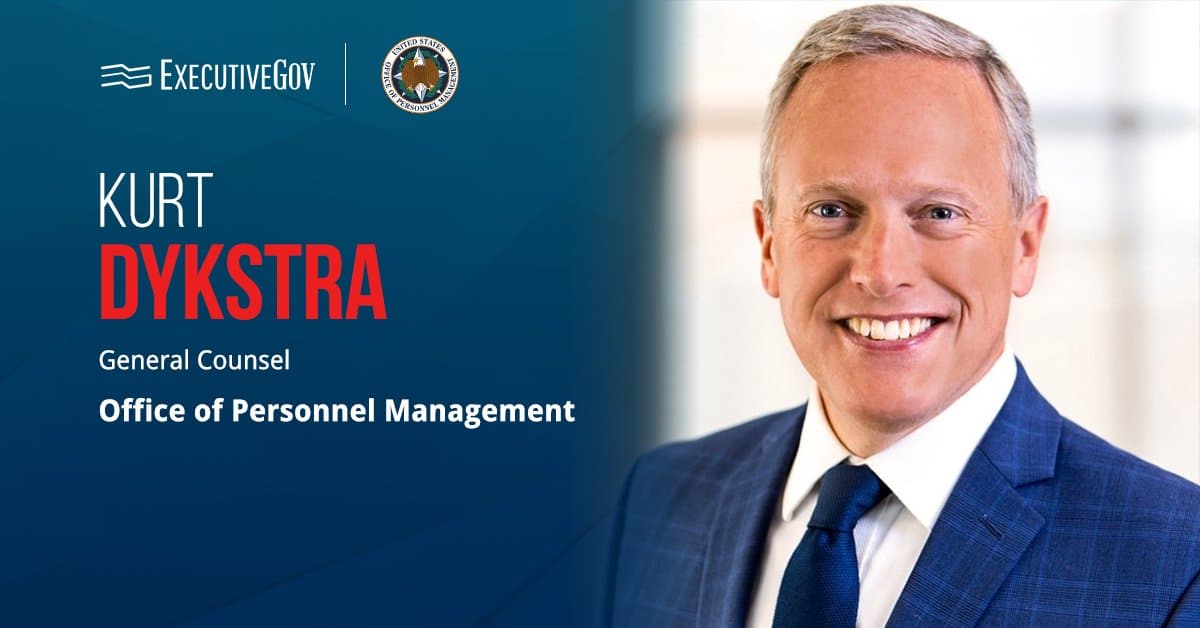The Internal Revenue Service will receive $79.6 billion through fiscal year 2031 from an estimated $740 billion package that supports tax, health care and climate programs.
U.S. senators on Sunday afternoon passed the Inflation Reduction Act along party lines and Vice President Kamala Harris cast her vote to break the 50-50 tie. House lawmakers plan to return from their annual August break to consider the legislation at the end of this week.
A Congressional Research Service report says the legislation includes $45.6 billion for IRS’ tax enforcement agent recruitment, technology acquisition and legal service requirements. The agency could also use the money in efforts to monitor transactions involving cryptocurrency and other digital assets, CRS noted.
The bill additionally would provide $25.3 billion to IRS operations, roughly $3.2 billion to taxpayer services and another $4.8 billion to the modernization of its business systems, according to the research institute.
“Resources in the reconciliation package will get us back to historical norms in areas of challenge for the agency – large corporate and global high-net-worth taxpayers – as well as new areas like pass-through entities and multinational taxpayers with international tax issues, where we need sophisticated, specialized teams in place that are able to unpack complex structures and identify noncompliance,” IRS Commissioner Charles Rettig wrote Thursday in a letter to the Senate.
In a post-passage statement, President Biden said the bill sets an $2,000 annual cap on out-of-pocket prescription drug spending for senior citizens and reduces health insurance premiums for 13 million people enrolled in the Affordable Care Act by $800.
Biden noted the legislation supports domestic investments meant to address climate change impacts and ensure uninterrupted access to energy sources.
“Finally, it pays for all this by establishing a minimum corporate tax so that our richest corporations start to pay their fair share. It does not raise taxes on those making under $400,000 a year – not one cent.”





